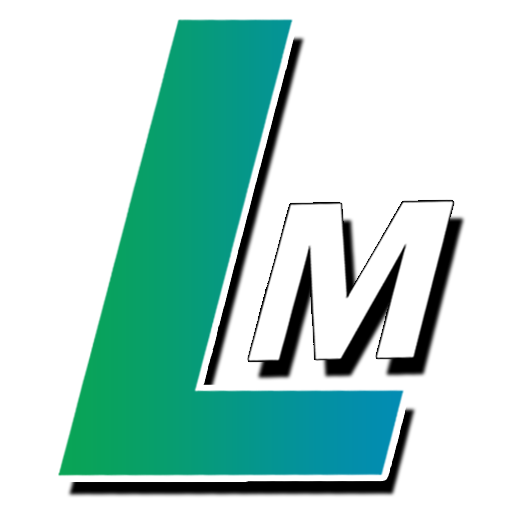from Leadership Medica n. 3/2000
“The whole natural substances do well: for example the strychnine”. This way a twenty years ago article issued by the “Corriere”, oriented to pour reasonably oil on the troubled waters of the idolater neophytes followers of Messegué, whose tisanes they smoked, every kind of herbs decocts, lumping everything together. As much powerful in their benefits, if correctly used, as their poisoning is powerful if administered too much “unconcernedly”, for mere “alternative” recall.
Along this same directive nowadays in Italy it's coming came out homeopathy, turning into much more quite the work of the Antivenin Centres (for example the “national” one of Niguarda near Milan). Because it does go on getting there the battered people who mistook leaf, berry or root, but the 50% interventions goes on concerning children that have ingurgitated complete box of medicines left unguarded. But by now the medicine that is very popular is the homeopathic one, so every thing ends with a big fright of relatives, first convinced that it “does well” and than they are afraid it could “hurt”, unconsciously mindful of having never met Paracelsus.
Since, we must remind it, if Homeopathy is the art of dilution, instead when making decoctions, infusions, tisanes etc. only active principles are extracted from herbs and concentrated in the cup. That means: pay attention to not concentrate inside oneself the action or better the interaction of herbs among themselves and with medicines without coordination. The University of California in Los Angeles hurried to spread a first list of such interactions, that it's advisable to give strengthened divulgation. Let's talk about Hypericum, with which the British Medical Journal dealt with lately, publishing the results of a double-blind multi-centre randomised survey, proving that the'” Saint John's wort” has the same function of the imipramine (and higher than placebo) in putting under control both anxiety and light depression, and overcomes both medicines in bettering the general physic condition. Well. To confirm, it makes one to tell, about the Hypericum activity over organism, that from Los Angeles arrive two warnings: A serotonin syndrome is at risk if linked to serotonin-synergic; paired to tetracycline it powers the photo-sensitisation.
And what about the gingko, already omnipresent even if with inverted genre and writing?
It is worthy in geriatrics to support memory and legs circulation, but it must not be linked to the FANS and other anticoagulants, neither with anti-depressants MAO-inhibitors, even if it's beneficial to support the sexual functionality, contrasted just by certain anti-depressant medicines. Keeping in the brain zone, the Mirabilis jalapa (alias anagra) gives an “oil” that not only lowers the hyper-blood cholesterol, but also the efficacy level of the anti-epileptic and anti-psychotic medicines.
The ginseng goes on being the first protagonist on the scene of the herbal/exotic/alternative “perking up. In Los Angeles they assert that its nervous and cardiac stimulation action, perhaps moves away impotence, but brings closer hypertension, tachycardia and hyperglycaemia: neither the ginseng is advisable for diabetics, in which it potentiates these further risk factors, featured nevertheless the action of anticoagulant medicines...
Well then. It's right to use herbs as medicines - resuming and going on from where it started- but without forgetting that “pharmakon” meant first of all “poison” and then “medicament”. And reminding exactly the whole sentence of Teofrasto Bombast von Hohenheim called the Paracelsus (1493-1541), a German graduated in medicine at Ferrara, and who carried out special studies over the “population diseases”, and he was among the first to extract chemically the active principles from herbs to maintain them the longest possible as they were fresh and not drooped by dryness. So Paracelsus wrote: “Everything is poison /and nothing is exempt of poisons/only dosage decides/ or not /what is poison.” Remind it for Messegué, but let's forget it for the “Art to recover” (1810) by Samuel Friederich C. Hahnemann: thank to their submolecular dilutions his homeopathic products remind us how to stimulate wealth, but even with the permission of the Antivenin Centres, there' not enough to do bad: it's right to call them “medicaments” and not “medicines”. Born in 1743, the Saxony German, the Father of Homeopathy employed thoroughly the concept of his fellow countryman Father of pharmaceutics: he reduced the dosis at an extent...
Nevertheless since so many centuries far accounts do not balance: the Paracelsus basis insisted on medicine for populations, is the homeopathic medicine cheap? As Messegué maybe?
Sergio Angeletti



